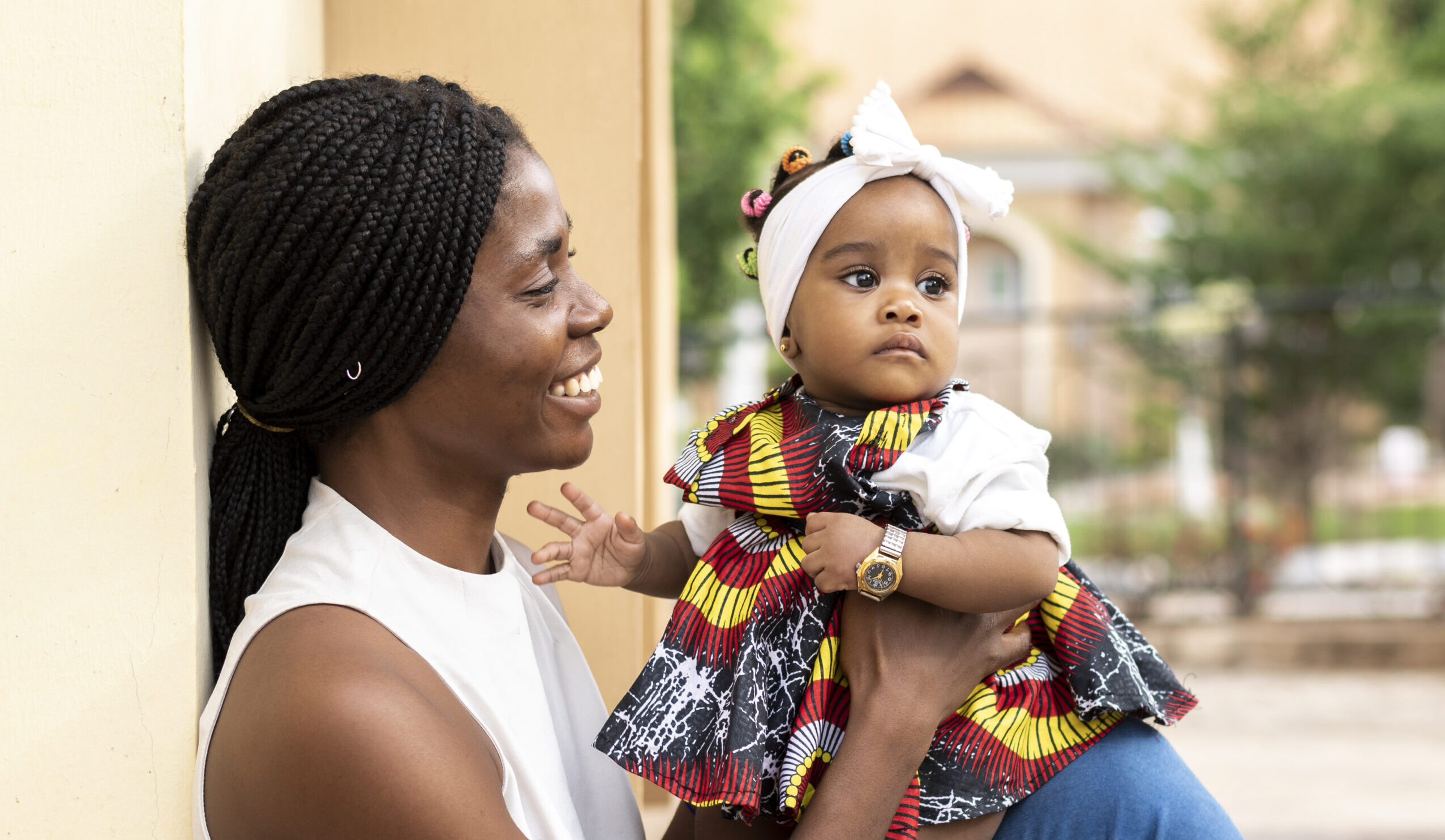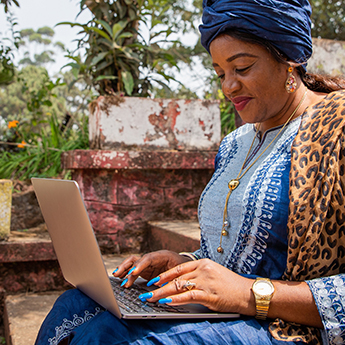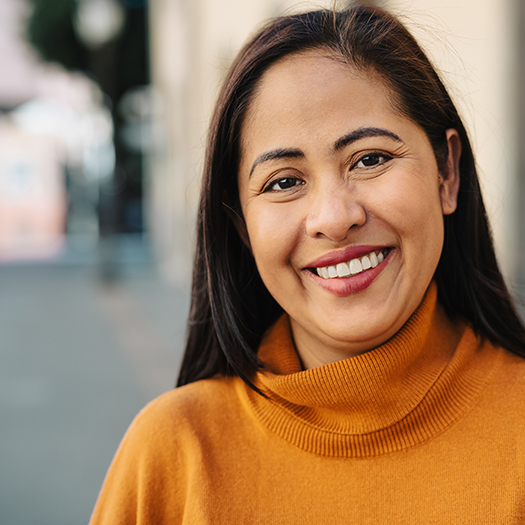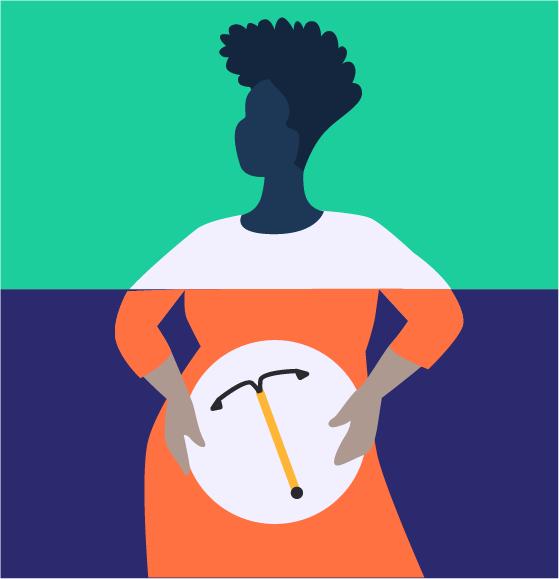
News
News and Updates from FP2030
June 25, 2024
Blogs & Articles
Previous

Overcoming Barriers to Family Planning in the Midd...
Next

Philippines DOH, FP2030 strengthen family planning...
Dear colleague,
It’s Global LGBTQIA Pride Month, and there’s no better time to remind us all that as a movement, the time is now to double down on a rights-based agenda. Any attack on human rights is an attack on us all.
If our global family planning movement is intended to ensure everyone, everywhere has the power and information they need to make their own informed decisions about their fertility, policies that make accessing healthcare difficult for fear of being arrested due to sexual behavior or orientation, are clearly at odds with our mission. Any policy that turns healthcare providers into “provider police” is deeply misguided – at it’s core, providing healthcare is a duty rooted in equality, access, and neutrality, and these policies fly in the face of these values.
This month, in addition to our normal organizational updates, I’m pleased to share a collection of resources that focus on the human right of everyone, everywhere to make their own decisions about their fertility, with a particular focus on LGBTI individuals. I hope you find this useful in your work, this month and always.
Onward!
Dr. Samukeliso Dube
Executive Director
FP2030
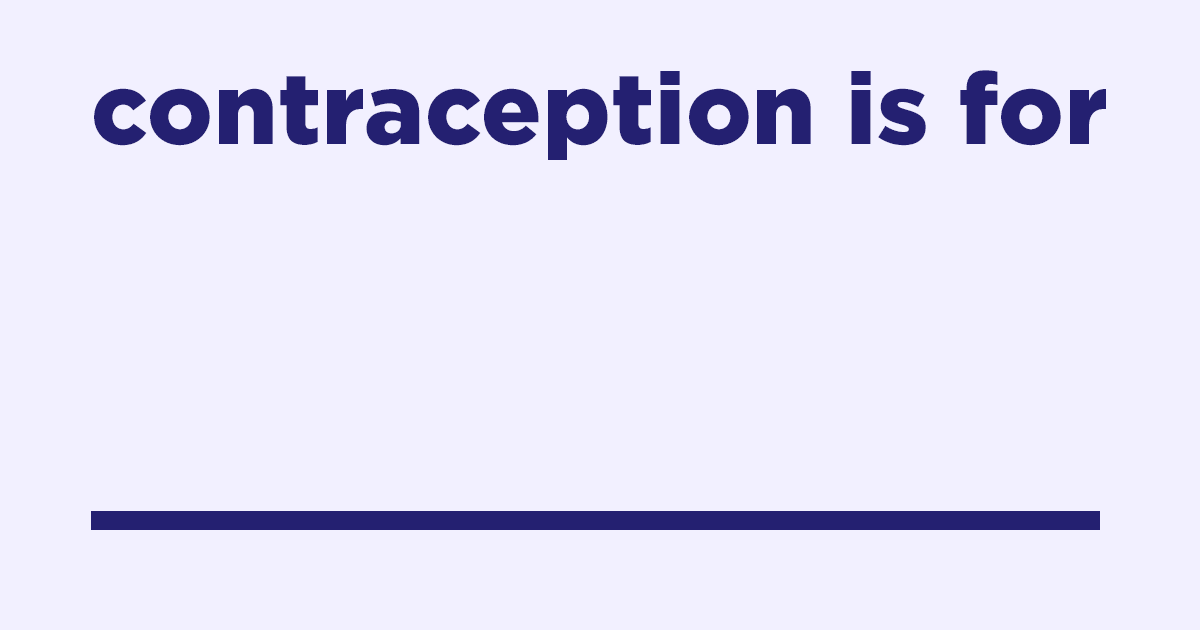
Click to tweet now: Everyone, everywhere deserves the right to make their own decisions about pregnancy. Contraception is for anyone who wants it, regardless of age, marital status, orientation, or any other identity.
Putting women first in “women’s health”
From Dr. Samukeliso Dube: Supply chains. Commodities. National budgets. Refrigeration and climate-controlled storage facilities. They’re all critical components of resilient and functional health systems… But are they compelling? Do they illicit feelings? Do they tell a story?
These pieces are all important, of course, but I fear our movement has become too granular. We are missing the forest through the trees – or missing the women through the IUDs, pills, and patches. I believe we’re missing the mark on delivering human rights.
Special Edition: Family planning and LGBTI populations
Opinion: “As a leader who is gay, I urge our development sector to do better. We must address the lack of organizational support tailored to the unique challenges of gender- and sexual-minority employees,” writes Maliha Khan, CEO of Women Deliver. Read more.
From the FP2030 archives: Prioritizing LGBTI populations benefits us all: Data shows LGBTI populations have a need and desire for family planning services and commodities. So how can programs be more accessible to them? Learn more.
UNAIDS data shows that 123 countries do not penalize same-sex relations. This represents the highest number of countries rejecting criminalization ever. Learn more.
To ensure that the SDGs are achieved by all, the United Nations has repeatedly recommended improvements in DHS data disaggregation by sexual orientation, gender identity, gender expression, or sex characteristics status. This paper provides an overview of existing recommendations and guidance on collecting this data.
Opposing political sides in Ghana have been wrangling over a bill that would significantly roll back the rights and autonomy of LGBTQIA+ people, by criminalizing LGBTQIA+ relationships and identities. The legislation passed by Ghana’s Parliament in February was heavily influenced by US-based anti-choice and anti-rights groups. Learn more from MSI United State’s Choice on the Ballot.
Strengthening Emergency Preparedness and Response for Sexual Reproductive Health in the Republic of Mali
Mali grapples with numerous health disparities, exacerbated by factors such as poverty, conflict, political instability, and climate crisis. UNOCHA estimates that 7.1 million people in Mali need humanitarian assistance including 23 percent of women and 54 percent of children. Of these, only 4.1 million will be covered by the humanitarian response. Learn more.
From the FP2030 Latin America & Caribbean Regional Hub
Survey results: According to a recent survey in the Latin America and Caribbean (LAC) region conducted by LAC Hub staff together with Profamilia, the highest priority issue in the region is childhood and adolescent pregnancy (85.1%), followed by access to reproductive health services (84.2%), comprehensive sexual education (83.5%), access to contraceptive methods (83.3%), and the promotion of sexual and reproductive rights (75.0%). Learn more.
Overcoming Barriers to Family Planning in the Middle East
Growing up in the Middle East and witnessing firsthand the challenges and barriers women face in accessing family planning has fueled my passion for researching and writing about this topic. As a woman and an Arab, I am deeply invested in shedding light on these issues and advocating for better access and support for women in the region. Learn more.


